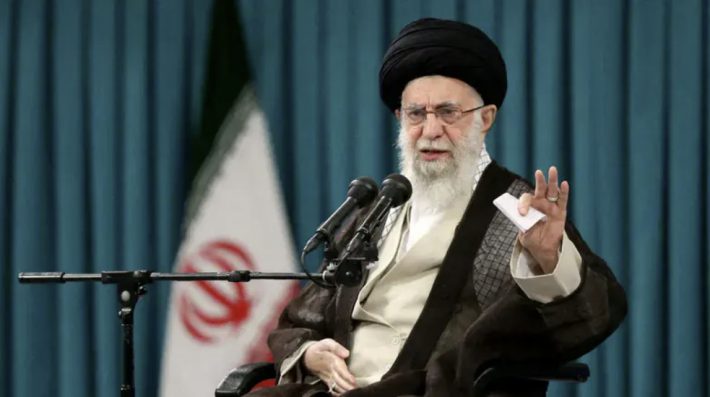Leaked Iranian documents detail a failed strategy to cement influence in post-war Syria, disrupted by the 2024 ouster of President Bashar al-Assad.
A special report by Reuters reveals that Iran’s long-term strategy to transform Syria into a regional client state has been disrupted by the downfall of Syrian President Bashar al-Assad and the rise of a government opposed to Tehran.
Confidential Iranian documents obtained by Reuters from the Iranian embassy in Damascus detail a blueprint drawn up in 2022. The plan envisioned Iran playing a dominant role in Syria’s reconstruction, securing economic footholds, and embedding its influence within the country’s political and security apparatus. The strategy sought to repay Tehran’s military and financial support during the Syrian civil war.
However, those plans have unraveled since Assad’s removal in December 2024. Rebel factions, many opposed to Iran, now control the government, sidelining Tehran’s interests. Iranian diplomats, military personnel, and economic advisers have left, and many of the regime’s proposed investments and projects are suspended or abandoned.
The documents show that Iran sought to entrench its presence across various sectors of Syria, from telecommunications and energy to education and security. The aim was to institutionalize its role through long-term contracts and influence over decision-making. However, Iran struggled to implement its agenda, facing resistance from Syrian officials, rival foreign powers like Russia, and its own internal limitations, including sanctions and resource constraints.
The report also highlights the role of the Islamic Revolutionary Guard Corps (IRGC) in Tehran’s efforts, led by senior officer Abbas Akbari. Akbari coordinated initiatives to deepen Iranian influence while circumventing US sanctions. Despite securing credit lines worth billions and deploying technical teams, Iranian efforts were often delayed by bureaucratic hurdles and corruption.
After Assad’s removal, the new Syrian leadership has refused to honor many of Iran’s previous agreements. Several Iranian-backed institutions and cultural centers have been closed or repurposed, while contracts related to oil, phosphate mining, and mobile networks have been canceled or handed to other foreign entities. This shift leaves Iran with little to show for its investments in Syria.
The report underscores how Iran’s regional ambitions, rooted in alliances with allied regimes, are vulnerable to sudden political change. The loss of Syria as a strategic outpost marks a significant setback for Tehran’s vision of regional influence.
The documents uncovered in Damascus provide a rare look at the details of Iran’s foreign policy operations. While Tehran has yet to publicly comment on the report, the collapse of its Syrian agenda illustrates the challenges of military intervention and sectarian alliances.





